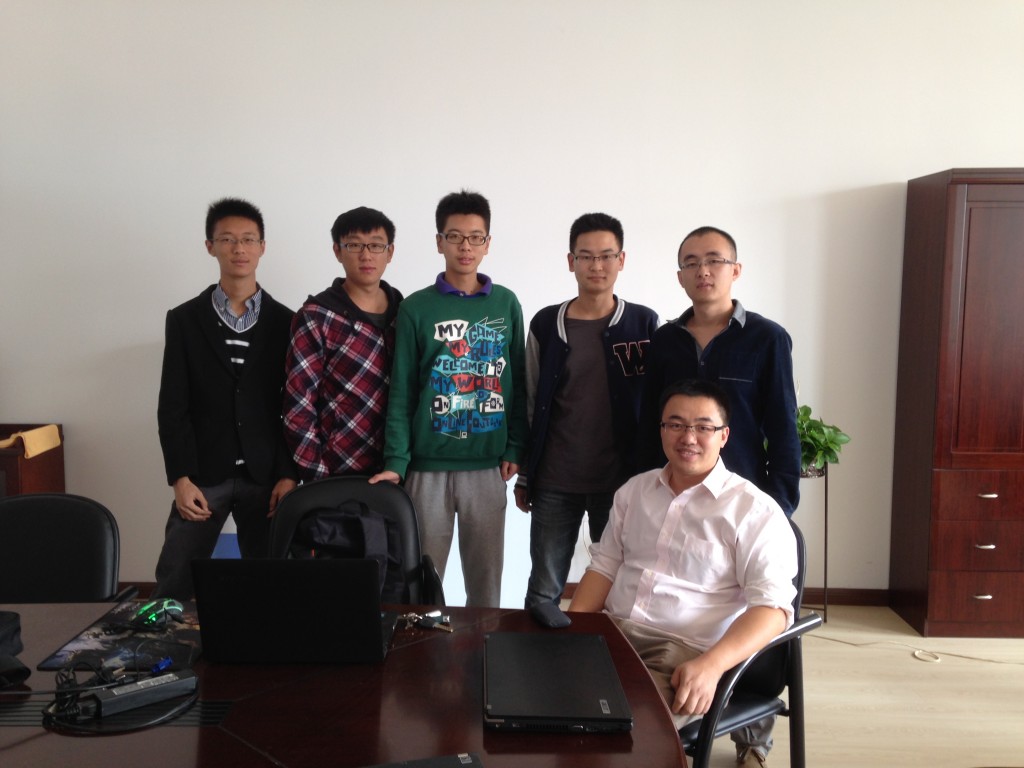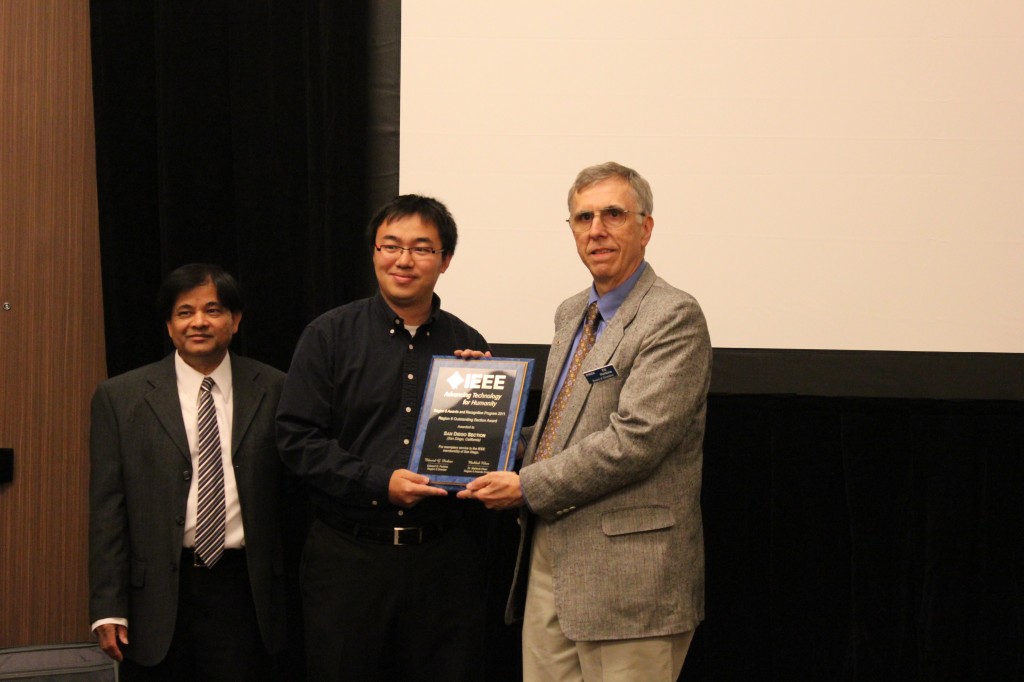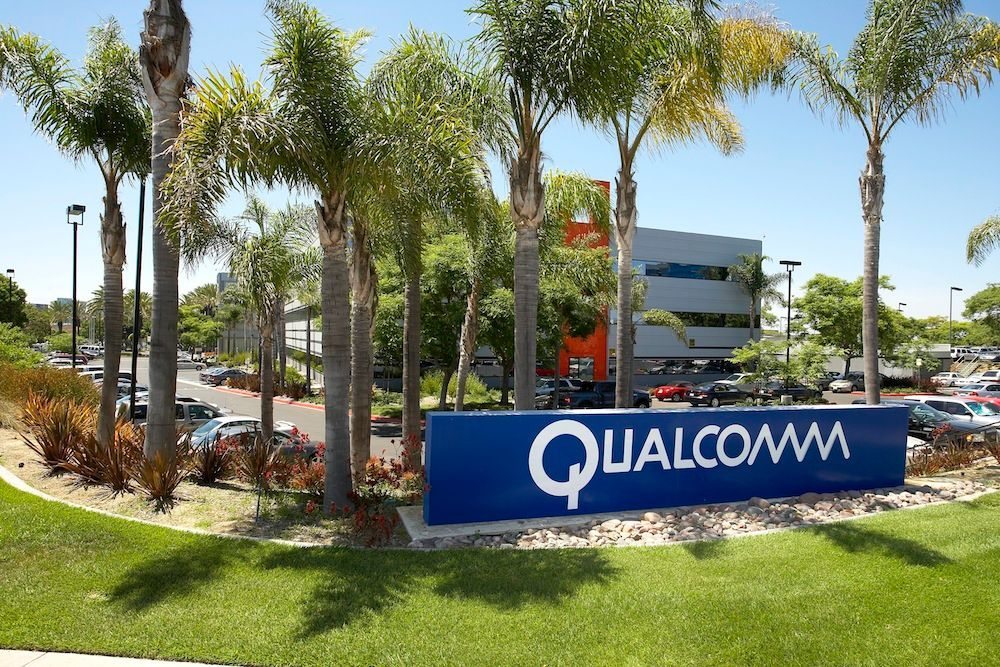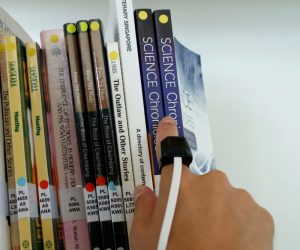Today we have the pleasure of speaking to Dr. Xun Luo, a research staff member at Qualcomm Inc, an adjunct faculty member at the University of California, San Diego, and a distinguished guest professor at Tianjin University of Technology, China.
Dr. Luo is also a Program Evaluator for the Computing Accreditation Commission of ABET. In 2014, Dr. Luo co-founded the IEEE San Diego SIGHT group – Connected Universal Experiences Labs, which dedicates itself to breaking the geographical, cultural and lingual barriers between volunteers and people in need. Connected Universal Experience Labs has now evolved into a multi-national, multi-society incubator of for-public benefit projects.
Dr Luo can briefly tell us a little about yourself and the work that you do at Qualcomm.
Well, I grew up in China and I came to the US for my graduate studies. I got my Masters in Mathematics, out of my hobby, at the University of Illinois at Chicago. I got fond of Commodity Pricing. While my PhD research was in very topical fields of Pervasive Computing and Visualization. I worked with a professor of finance for a year and published a report on crude oil price prediction and I am still receiving hundreds of requests these days for the model source code. After graduation, I was lucky enough to get into the mobile communication industry, first at Motorola Labs and then at Qualcomm. I worked at the research institutes of these two companies.
At Qualcomm I conduct connectivity research, which spans from radio networks to local area networks.In layman terms, you can say 3G/4G, WiFi and Bluetooth technology. In the past few years, I was have been researching these technologies and I have several numerous research papers and 8 patents.
In my part time, I serve as an adjunct faculty member at the University of California, San Diego (UCSD) and a distinguished guest professor at Tianjin University of Technology, China.

How did you get involved with IEEE?
That is a very interesting story. San Diego has a very vibrant IEEE community and every year they hold about 50-60 technical meetings. Many attendees are attracted by the interesting topics of these meetings. Back in 2008, I had just started my career and all the topics seemed very exciting to me and they were delivered by volunteers who were experts in their field. For example, one of the local meeting was able to invite Dr. Irwin Jacobs, Qualcomm’s founder as a panellist. This clearly says a lot for the San Diego IEEE community. I was impressed by the dedication and passion of the local IEEE volunteers and eventually I decided to join. I started as the chair of Computer Chapter and ran approximately 40 meetings a year. I became the section chair In 2012 and had the honour of leading the IEEE San Diego Section to win the “Outstanding Section Award of Region 6″.
“The IEEE volunteering experience is very rewarding. I have had the pleasure of working with passionate and bright people, grew my leadership capabilities and was able to to embrace multi-national team work.”
How have you personally benefited from being an IEEE member?
IEEE has helped me in so many ways that it is hard to summarise in short. However the three key area that I would like to highlight are:
Technical: Contributions in the form of the IEEE Digital Library proceedings, literature and talks delivered by the individuals/teams who are leading the industry.
Leadership: Through volunteering, I was able to developed great organisational skills and to work as a team in order to achieve bigger goals. Several initiatives today are going to impact tens of thousands of IEEE members’ lives; for instance, the IEEE SIGHT initiative.
Friendship: I made friends and visited some of the most unexpected places in the world. I have been to several Indian cities and rebellion-controlled areas of Colombia to name a few. What is most exciting is that no matter what people’s political views may be, all engineers love technology and the idea of exchanging information with their peers takes precedence. I have undertaken adventures with friends to some very intriguing parts of our planet and hope to continue doing so.

What advice can you provide to IEEE Young Professionals who are wanting to pursue in highly prestigious companies, like Qualcomm?
First of all, IEEE is a technical institution, not a university; it provides great networking opportunities. My suggestion is make good use of the IEEE network and try to get in touch with professional members in various disciplines. The second thing is grow your leadership capabilities. We live in an age of innovation, more or less of entrepreneurship. Even if you work at a company, you are still required to have the capability and mindset to start a job from scratch. So, innovation, leadership and technical capability are some things that you definitely need to further develop while you study.
Another important point is that you need to ensure that you work with the most passionate and bright people. I would say that the IEEE is a vehicle to enable this for young professionals. Ensure that you work in teams and feed of each others knowledge. This team will help you in achieving many things. Firstly, it will help you to establish yourself technically. Secondly, it will provide the network for you to get noticed. You could be a great engineer but not noticed, you could be noticed but are not a good engineer. You need to have talent and you need someone to discover your talent. So, you need to prepare yourself for this and you need to work with people because at the end of the day, you need to do something big, something innovative, something that is by itself of high quality, that is self-contained, where you can prove yourself. Without a team, that is not possible. So, connect with people and make the best use of your connections.
Interview conducted by Neha Dawar, Assistant Editor, GOLDRush
Article edited by Dr. Eddie Custovic, Editor-in-Chief, GOLDRush
Tags:Members; Qualcomm






